Notre Dame is battered, burned, but unbowed, thanks in part to the efforts of a new firefighting robot, Colossus.


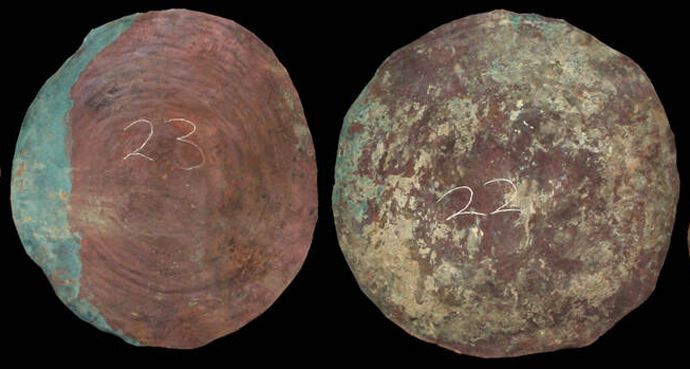
In what is being hailed as a lucky accident, a salvage team looking for containers that had fallen off a transport ship in Dutch waters discovered a 16th-century shipwreck on the North Sea floor.
Copper plates and wooden beams were found on the vessel, which dates back to 1540, making it the oldest find of a seafaring ship in Dutch waters ever, according to the Netherlands Cultural Heritage Agency.
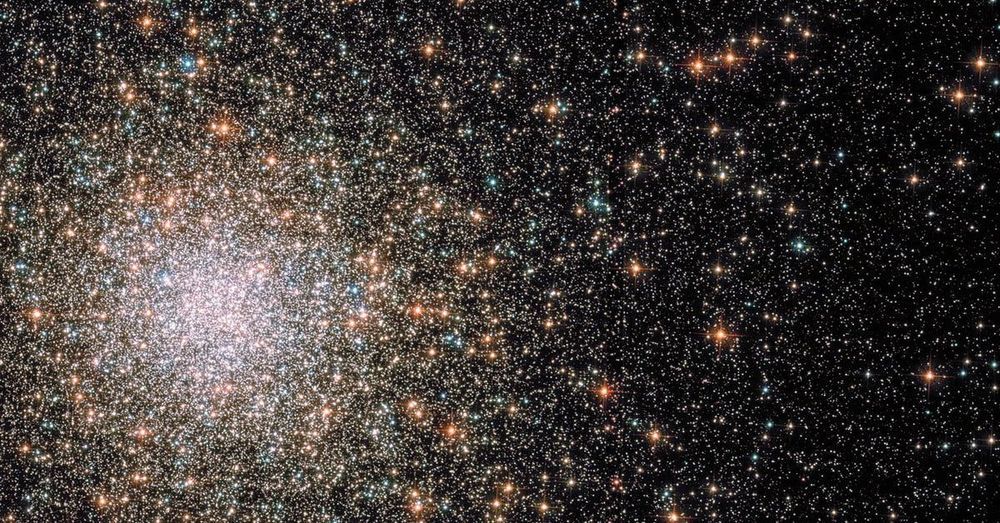
This week’s Hubble Picture of the Week is a view of the stunning and unusual Messier 62 cluster in the constellation of Ophiuchus.
A globular cluster is a group of thousands of stars which are bound together by gravity, and which move across the sky as one group. The strong gravity means that most such clusters are perfectly spherical, like the neat and orderly Messier 3 or Messier 28 clusters.
But in the case of Messier 62, we see something different. The cluster is warped, with a long tail of stars which stretch out to one side to form a shape like a comet and its tail. It is thought that this distortion is due to Messier 62’s close proximity to the center of the galaxy, where strong gravitational forces from outside the cluster create tidal forces which pull some of the cluster toward the center.
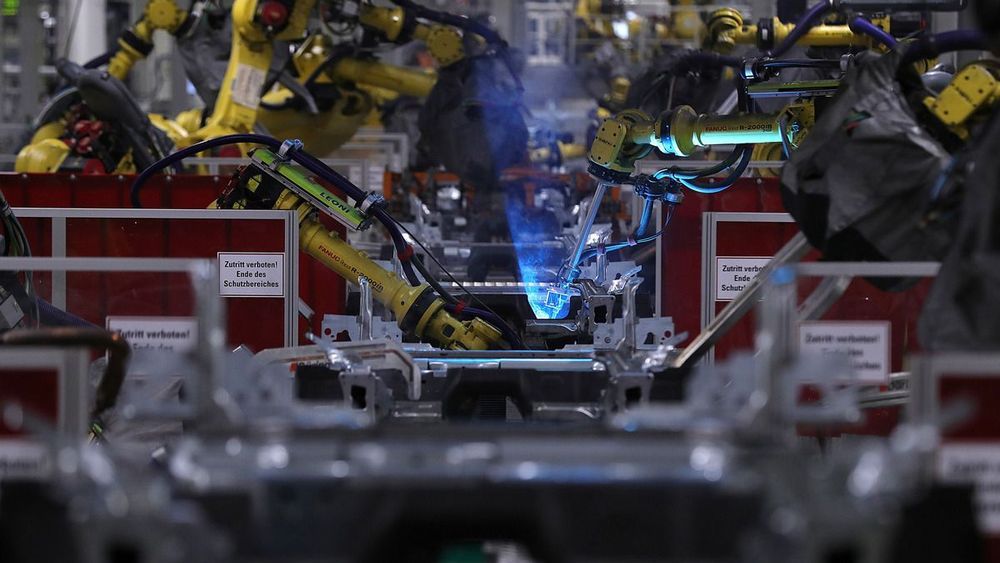
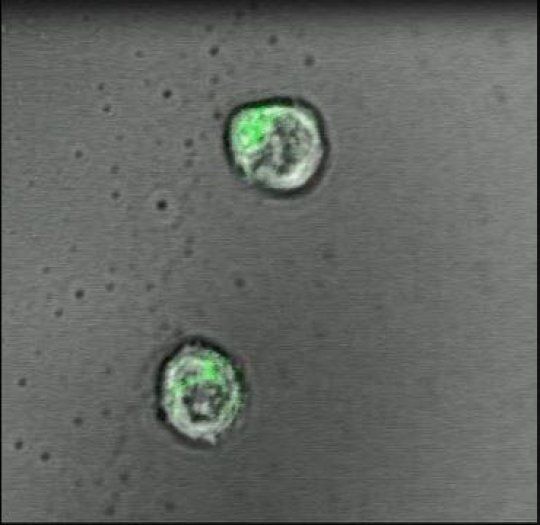
In a proof-of-principle study in mice, scientists at Johns Hopkins Medicine report the creation of a specialized gel that acts like a lymph node to successfully activate and multiply cancer-fighting immune system T-cells. The work puts scientists a step closer, they say, to injecting such artificial lymph nodes into people and sparking T-cells to fight disease.
In the past few years, a wave of discoveries has advanced new techniques to use T-cells – a type of white blood cell – in cancer treatment. To be successful, the cells must be primed, or taught, to spot and react to molecular flags that dot the surfaces of cancer cells. The job of educating T-cells this way typically happens in lymph nodes, small, bean-shaped glands found all over the body that house T-cells. But in patients with cancer and immune system disorders, that learning process is faulty, or doesn’t happen.
To address such defects, current T-cell booster therapy requires physicians to remove T-cells from the blood of a patient with cancer and inject the cells back into the patient after either genetically engineering or activating the cells in a laboratory so they recognize cancer-linked molecular flags.
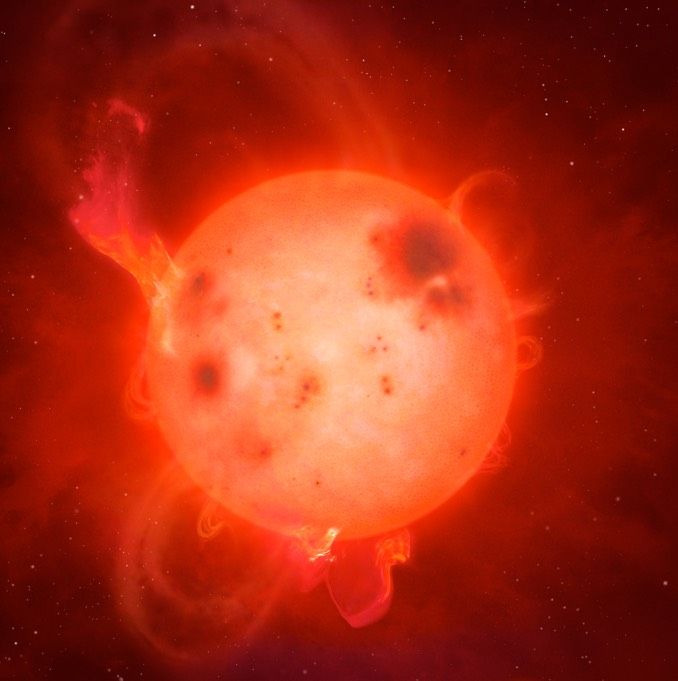
A small, borderline star about the size of Jupiter some 250 light years from Earth has been caught in the act of emitting an enormous superflare, releasing the equivalent of 80 billion tons of TNT while triggering a 10,000-fold increase in brightness.
The flare was 10 times more powerful than any known outburst from the Sun, including the Carrington event in 1859 that disrupted telegraph services around the world and caused strong, widespread auroral displays.
“The activity of low mass stars decreases as you go to lower and lower masses, and we expect the chromosphere (where flares originate) to get cooler or weaker,” said James Jackman, a doctoral student at the University of Warwick and lead author of a paper about the eruption.


Science-themed board games are an increasingly popular way to learn about everything from atom building to colonising space.
